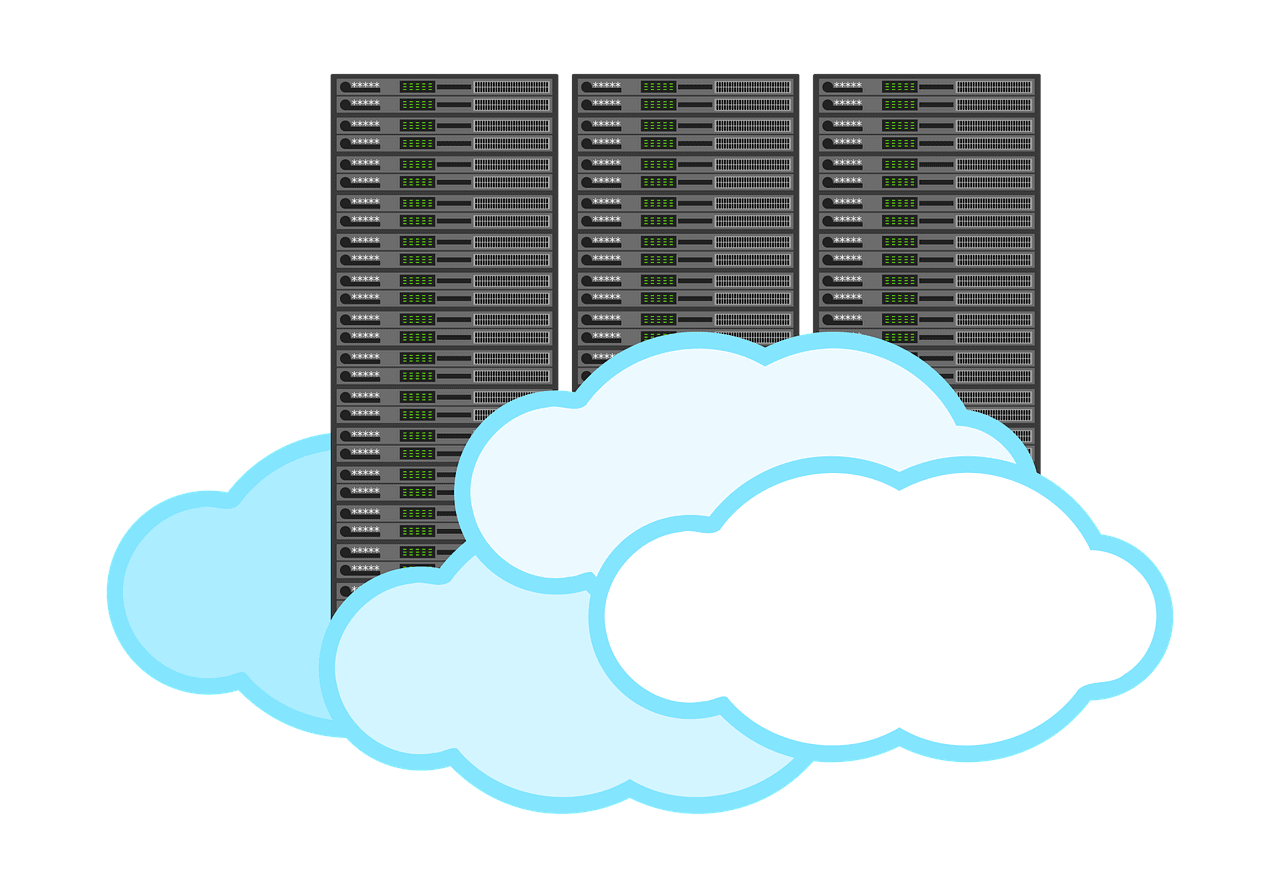When companies think about server solutions today, most of the time they go back and forth between dedicated options and the cloud. But why choose? A hybrid environment can combine the best of both worlds.
A hybrid server is a combination of on-premise servers with cloud computing through virtualization technology, such as VMware. This means that a few tenants can split a dedicated server with predefined resource allocation but, at the same time, save on costs and gain unique flexibility that would be more difficult to implement with fully dedicated options.
Who Should Use Hybrid Servers?
In the hierarchy of server infrastructure, as it pertains to power but also higher costs, hybrid servers come just before dedicated servers but after shared and VPS (virtual private server) hosting.
While hybrid servers offer dedicated resources for each user, they can’t instantly scale like cloud servers — instead, they have to be manually migrated just like dedicated ones. For the same reason, hybrid servers don’t offer redundancy right out of the box, but tenants can opt in for multiple hybrid servers to create their own redundancy.
That said, hybrid servers are a perfect fit for companies that have outgrown shared and VPS solutions, but are not yet ready to fully commit to dedicated servers. Hybrid servers work well with steadily growing web applications, ecommerce portals and content-heavy websites.
So what are some of the specific benefits of hybrid servers?
1. Access to Virtualization
If you’re building complex modern web applications, access to a virtualized environment is going to show major improvements in your developers’ productivity. They will be able to follow industry-standard agile and DevOps methodologies, use staging servers, create new virtual hosts and more.
At the same time, network congestion that you might have experienced with shared hosting options is no longer going to be a problem, since all configured resources are always available for your use.
2. Specific Location
Unlike cloud-based solutions such as shared hosting and VPS, a hybrid environment works out of a single physical dedicated server. For example, this means that you have more flexibility when it comes to regulatory compliance, data handling protocols, storage needs, and any other operational server procedures.
3. Enhanced Security
Even though a dedicated server in a hybrid setup is shared, it’s strictly partitioned between just a few tenants, with each having access to a predefined set of resources.
On a hybrid server, every tenant remains in control of their specific environment. They can react quickly if something goes wrong (e.g. the server is attacked) and they don’t suffer from the “noisy neighbor” problem.
Disaster recovery and backups are also much more robust, since data can be split between virtualized instances, and a whole virtual server can be restored when needed.
4. Management Flexibility
When you virtualize a partitioned environment on a dedicated server, you have much more flexibility in configuring it, from installing a specific operating system to setting up staging, development and continuous integration servers, to creating load balancing clusters. Additionally, deployments become much easier and reboots can be quickly implemented as well.
5. Cost Savings
Hybrid servers are generally more expensive than VPS instances or shared hosting, but much cheaper than running a dedicated server as a sole tenant. That’s why they are often portrayed as the next step in a company’s growth, providing the best of both worlds and similar features without massive capital expenditures.
6. On-Demand Support
Depending on the hosting company you choose, moving up to a higher-tiered hybrid server generally means you get more access to support, which can be critical in keeping server disruptions to a minimum. Unlike hosting on-premise servers, however, most hybrid solutions are fully managed, so your team can focus on building great products instead of managing hardware.
Today, hybrid servers can be used in a variety of scenarios that required a dedicated server before. Some exceptions might include dealing with very sensitive data (although hybrid servers do have configurable data protocols) and requiring top-level server performance. The good news is that this is applicable only to a small minority of companies.
Overall, hybrid servers are a great choice for businesses that have hit the ceiling of available resources on their shared or VPS hosting, or otherwise face overage charges or reduced server performance.
Interested in learning more about how your current server infrastructure can be improved with the help of hybrid servers? Take a look at the variety of solutions offered by M5 Hosting and reach out with any questions to our engineers, who will be happy to advise you on the best way forward, depending on your situation.



